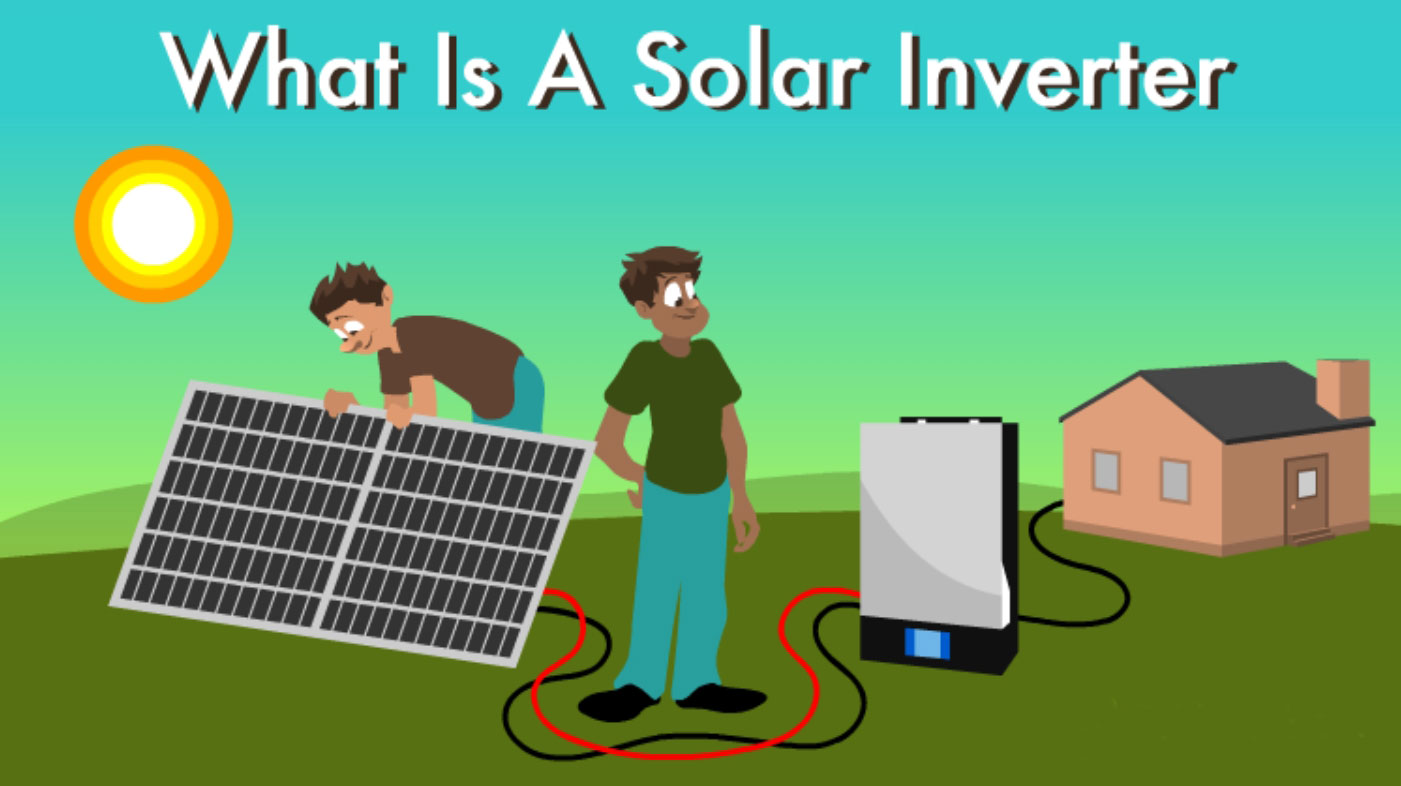Solar inverters are playing a significant role in revolutionizing energy consumption by enabling greater efficiency, flexibility, and sustainability in how energy is generated, managed, and utilized. Here’s how solar inverters are driving this transformation:

- Renewable Energy Integration:
- Solar inverters enable the integration of solar energy into the electricity grid and provide a reliable source of clean, renewable power. By converting solar energy into usable electricity, solar inverters contribute to reducing reliance on fossil fuels and mitigating greenhouse gas emissions associated with conventional energy generation.
- Energy Independence:
- Solar inverters empower homeowners, businesses, and communities to generate their electricity from solar energy, reducing dependence on centralized power sources and utility-provided electricity. This shift towards decentralized energy generation promotes energy independence, resilience, and self-sufficiency.
- Maximizing Self-Consumption:
- Solar inverters equipped with advanced monitoring and control features optimize energy production and consumption patterns to maximize self-consumption of solar energy. By prioritizing the use of solar electricity generated on-site, homeowners can minimize grid electricity purchases, reduce energy bills, and increase the return on their solar investment.
- Grid Support and Stability:
- Smart solar inverters support grid stability and reliability by providing grid support functions such as voltage regulation, frequency control, and reactive power compensation. These capabilities enhance the resilience of the electricity grid and facilitate the integration of variable renewable energy sources like solar power.
- Energy Management and Optimization:
- Solar inverters integrated with energy management systems enable intelligent control of energy flows, storage, and consumption within homes and buildings. By coordinating the operation of solar PV systems, battery storage, electric vehicle charging, and smart appliances, solar inverters optimize energy usage, reduce wastage, and lower overall energy costs.
- Demand Response and Time-of-Use Optimization:
- Solar inverters with smart grid capabilities can participate in demand response programs and adapt energy consumption patterns based on time-of-use (TOU) electricity tariffs. By shifting energy-intensive activities to off-peak hours when solar generation is abundant or electricity prices are lower, homeowners can optimize their energy consumption and reduce peak demand on the grid.
- Electrification of Transportation:
- Solar inverters support the electrification of transportation by enabling the integration of electric vehicle (EV) charging stations with solar PV systems. By leveraging solar energy to charge EV batteries, homeowners can reduce reliance on fossil fuels for transportation and further enhance the sustainability of their energy consumption.
- Data-Driven Insights and Decision Making:
- Solar inverters equipped with monitoring and analytics capabilities provide valuable insights into energy production, consumption, and system performance. By analyzing real-time and historical data, homeowners can make informed decisions about energy usage, system optimization, and investments in energy-efficient technologies.
Overall, solar inverters are revolutionizing energy consumption by enabling the widespread adoption of solar energy, promoting energy independence, optimizing energy management, supporting grid stability, and facilitating the transition to a cleaner, more sustainable energy future. As solar technology continues to evolve and innovation accelerates, solar inverters will play an increasingly integral role in reshaping how energy is generated, distributed, and consumed.
